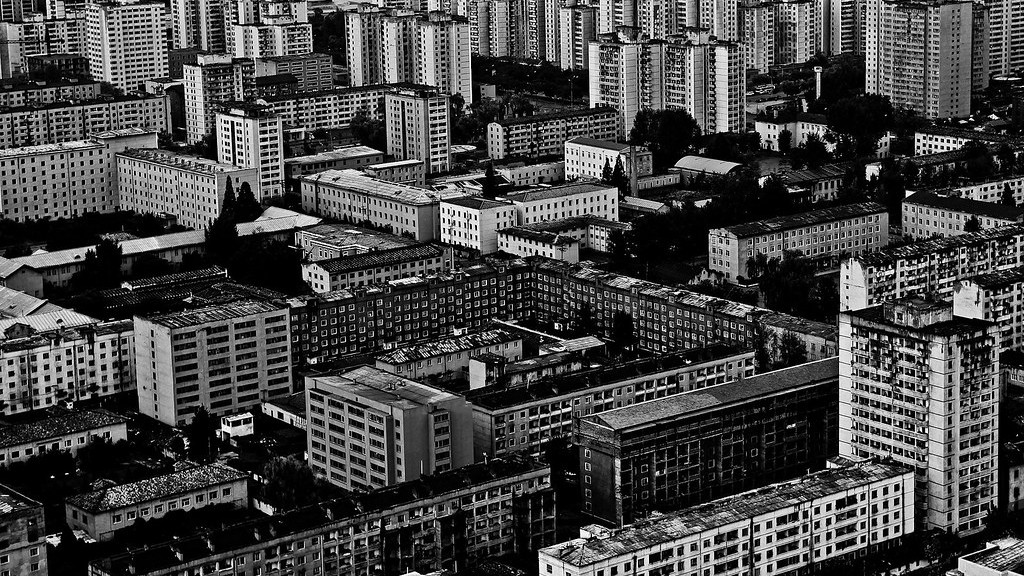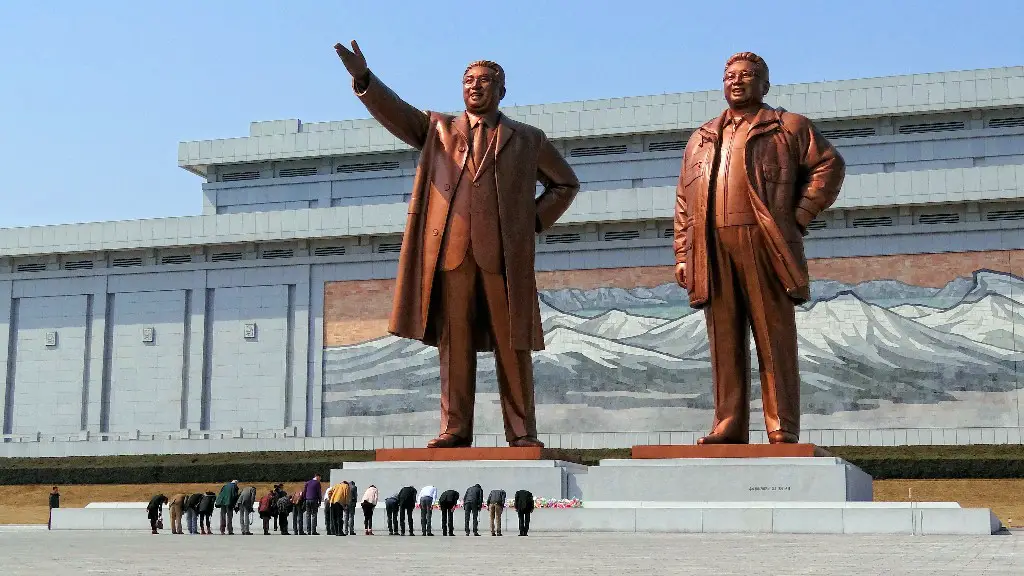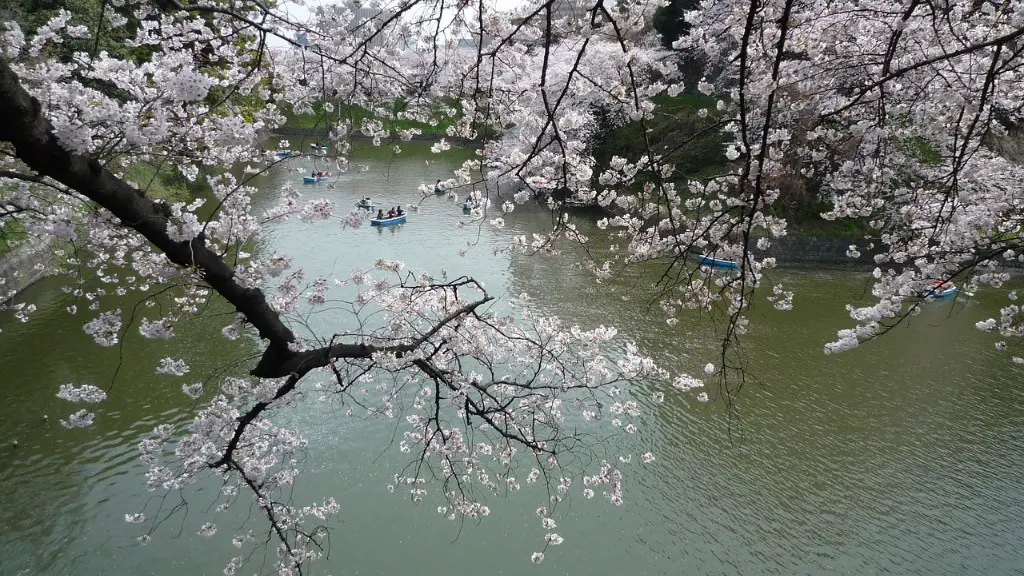Economic Sanctions
North Korea is widely regarded as one of the world’s most oppressive regimes, with its policies stifling human rights and violating international law. The United Nations and many countries have imposed harsh economic sanctions against North Korea in response to its persistent violations of international law and human rights abuses, as well as its nuclear program. The economic sanctions are meant to have an effect on North Korea’s economy and its ability to maintain its nuclear weapons programs and other military ambitions.
The United Nations and the United States have imposed sanctions on North Korea in an effort to put an end to its efforts to build and test nuclear weapons. These sanctions include trade restrictions, asset freezes, and travel bans. Additionally, the United Nations imposes an arms embargo on North Korea, banning the sale, transfer, or exchange of any weapons, ammunition, or military technology to or from North Korea.
Despite these sanctions, North Korea continues to develop its nuclear program, and has been accused of violating the treaties and commitments that it has made. It is estimated that the sanctions have cost North Korea up to a quarter of its gross domestic product.
Despite the economic hardship, North Korea continues to pursue its nuclear ambitions, and has been increasingly aggressive in its rhetoric and claims. North Korea, despite numerous warnings and sanctions, continues to test and develop its missile and nuclear capabilities. This is particularly concerning, as North Korea possesses one of the most powerful militaries in the world, and has an aggressive leader, who has indicated his willingness to use military force.
Political Climate
The political climate in North Korea is one of extreme oppression, with the ruling Kim family ruling with an iron fist. The ruling Kim family has a long history of controlling and silencing dissent, and citizens who express opposition to the regime are often subject to imprisonment, torture, and even execution.
This oppressive environment has led to the population being unable to express their voices in opposition, and has created an environment where it is difficult for citizens to voice their opinions and make their own decisions about their lives. This, combined with the lack of freedoms for North Koreans, the lack of access to information, and limited economic opportunities, have all contributed to North Korea’s much-documented human rights abuses.
Additionally, North Korea has a history of engaging in aggressive activities, such as cyber-attacks on foreign countries, and allegations of involvement in terrorist activities. North Korea has also been repeatedly accused of selling nuclear and missile parts and technology to other countries, in violation of international law.
Political Freedom
In addition to its oppressive political climate, North Korea is also one of the most closed countries in the world – with limited political freedoms and a near-total lack of access to the outside world.
North Korea’s government strictly restricts the Internet and access to foreign media, heavily censoring information deemed dangerous or offensive. It also denies its citizens the right to free speech or assembly. Their right to vote is hampered by government interference and manipulation of the elections, and the country is largely ruled by fear, with those who speak out against the government risking imprisonment, torture, or execution.
Furthermore, North Korea’s government is known for its human rights abuses, including torture, arbitrary arrest, and forced labor. North Korea has been accused of extreme acts of cruelty and inhuman treatment, such as public executions and starvation as a tool of punishment.
Human Rights Abuses
The human rights abuses in North Korea are some of the most egregious in the world. The government of North Korea has been known to detain and imprison citizens for minor offenses or for simply expressing dissent.
Prisoners are often subjected to inhumane treatment, including torture, abuse, and even death. It has been reported that political prisoners are held in horrible conditions, with prison camps having been described as “concentration camps” by some. Additionally, political prisoners and their families can face public execution or disappearance.
These inhumane practices are also pervasive in North Korean society, as the regime has been known to use public executions to intimidate its citizens and enforce its rule. This is in addition to other repressive measures, such as severe restrictions on freedom of expression, assembly and travel.
Military Threat
Given the oppressive regime, North Korea is also a major military threat. North Korea has one of the largest and best-equipped military forces in the world, and has repeatedly threatened to use its military power against its neighbors.
North Korea is also believed to possess an advanced nuclear weapons program, and is suspected of having conducted at least five nuclear tests in recent years. It is also believed to possess an array of ballistic missiles capable of carrying nuclear warheads, and has been accused of using these missiles to threaten other countries in the region.
Furthermore, North Korea’s relations with the United States and other countries have been strained in recent years, with some experts worrying that the regime could be planning a military attack. It is also believed that North Korea may be working on cyber-attacks targeted at other countries, which could have serious ramifications.
International Relations
North Korea has long been a pariah state, and its belligerent behavior and disregard for international treaties and laws, combined with its oppressive regime, have led to the nation being isolated from much of the international community.
The United Nations has imposed sanctions on North Korea in response to its threats and human rights violations, and the country is subject to a wide range of trade restrictions, asset freezes, and travel bans. Despite this, North Korea continues to flout international law, and has repeatedly threatened to use its military capabilities against other countries.
Furthermore, North Korea’s government continues to be obstinate and uncooperative in international negotiations, and has repeatedly refused to cooperate in international forums. This has made it hard for the international community to negotiate with North Korea and put an end to its nuclear and ballistic missile programs.
International Condemnation
North Korea has been widely condemned by the international community for its oppressive regime and its human rights violations. The United Nations and many countries have issued statements decrying its actions, and have called for an end to its violations of international law and human rights abuses.
The United Nations has also expressed grave concern over the country’s nuclear and ballistic missile tests, and has condemned its actions as dangerous, destabilizing, and a threat to international peace and security. Furthermore, the United Nations has called for North Korea to fully comply with all relevant United Nations resolutions, and for it to take meaningful steps towards denuclearization and building a more peaceful and prosperous region.
In addition to the condemnation from the international community, citizens from around the world have also expressed their outrage at North Korea’s actions. People have taken to the streets to protest and demand an end to the oppressive regime and its human rights violations.
Conclusion
North Korea is widely regarded as one of the world’s most oppressive regimes, with its policies and nuclear weapons program posing a threat to international security and peace, and its human rights abuses making it an outlier even among its peers. Its nuclear and ballistic missile tests, coupled with its belligerent rhetoric, have further isolated the country from the international community and the citizens of other countries.
North Korea’s oppressive regime and its human rights violations have been widely condemned by the international community, and citizens from around the world have taken to the streets to protest and demand an end to its rule. Despite this, North Korea is still a major military threat and continues to flout international law and pursue its nuclear ambitions.


